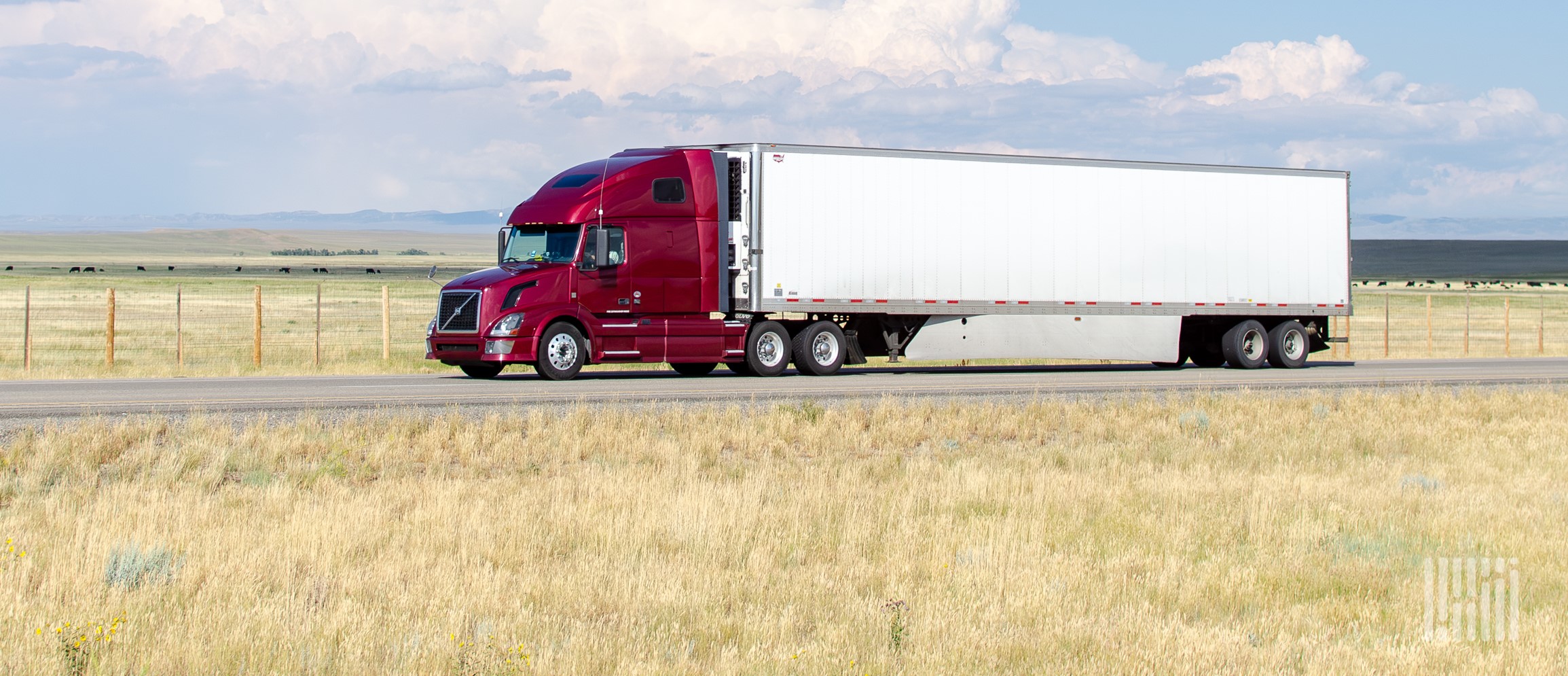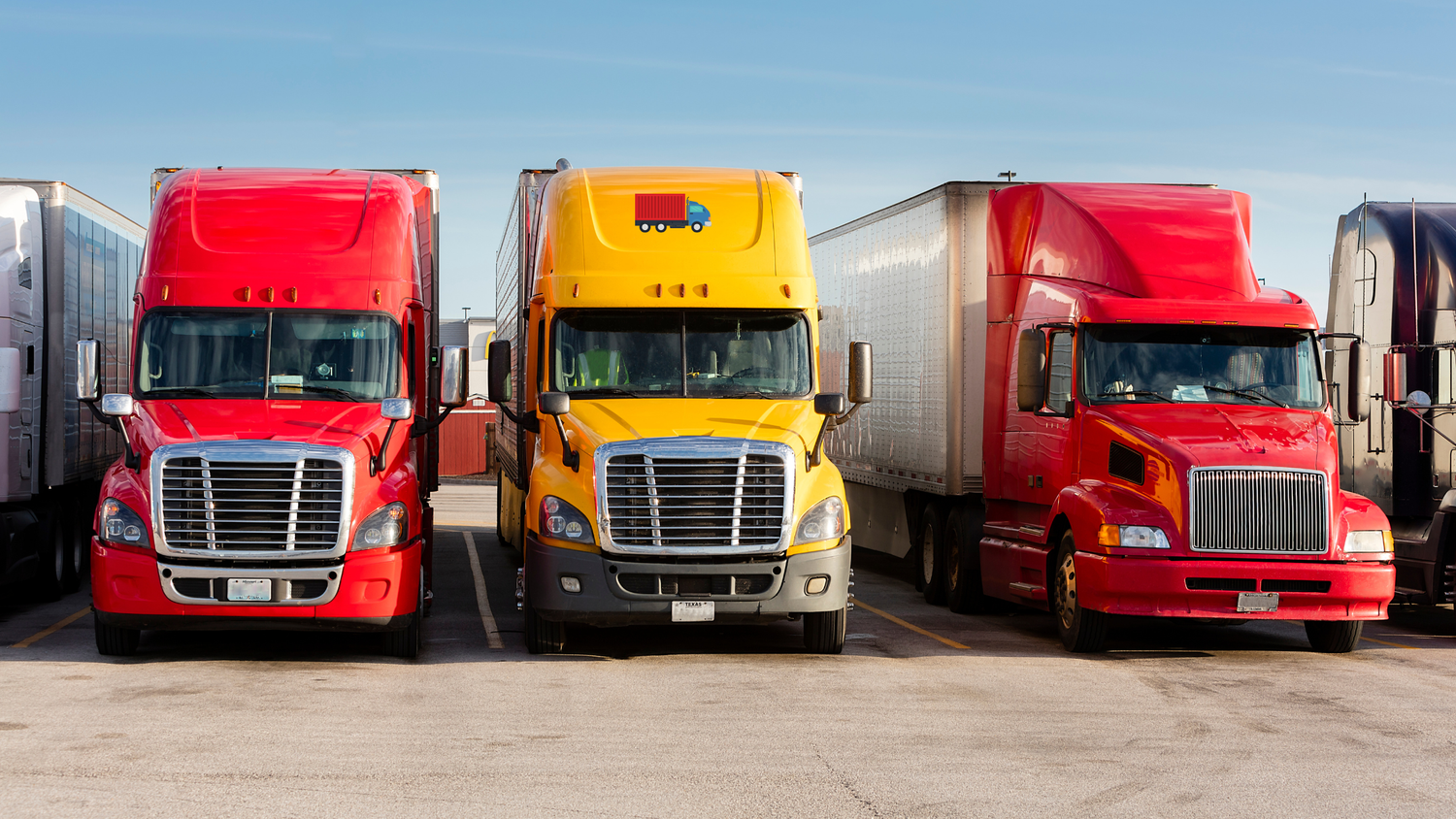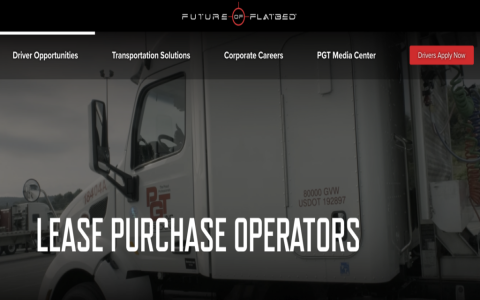Zero Down Lease Purchase Trucking Companies – Your Guide
Zero Down Lease Purchase Trucking Companies – Your Guide
If you’ve been dreaming of owning your own trucking business but lack the capital for a hefty down payment, a zero down lease purchase program might be your ticket to independence. This model has gained significant traction, offering a path to truck ownership without the initial financial barrier. However, navigating this landscape requires a sharp eye and a solid understanding of the fine print. As someone who has spent a decade reviewing trucks and talking with countless owner-operators, I’ve seen the triumphs and pitfalls of these agreements. This guide will cut through the marketing hype and give you the straight facts about zero down lease purchase trucking companies, helping you make an informed decision that aligns with your financial goals and driving career.
What Exactly is a Zero Down Lease Purchase Program?
At its core, a zero down lease purchase is a financial agreement between a driver and a carrier. You agree to lease a truck from the company with the option to buy it at the end of the lease term. The “zero down” aspect means you are not required to make an initial cash payment to get the keys, unlike a traditional loan or lease. Instead, a portion of your weekly revenue from hauling freight is automatically deducted to cover the truck payment, insurance, and other fees. After fulfilling the lease term and making all payments, including a final “balloon” or buyout payment, the truck’s title transfers to you. It’s crucial to understand that you are not an employee during this period; you are an independent contractor responsible for your own business expenses, like fuel and maintenance, while operating under the company’s authority.

The Alluring Pros: Why Drivers Consider This Path
The appeal of a no money down truck lease is undeniable, especially for drivers with limited savings.
- Low Barrier to Entry: The most obvious advantage is getting behind the wheel of a modern truck without a massive upfront investment, which can easily exceed $10,000 to $15,000.
- Path to Ownership: For many, this is the primary goal. Every payment brings you closer to owning a valuable asset outright.
- Established System: Reputable companies provide consistent freight, dispatch support, and a maintenance facility, reducing the stress of finding your own loads from day one.
- Credit Flexibility: These programs are often more accessible to individuals with less-than-perfect credit scores compared to traditional bank loans.
The Hidden Cons and Critical Considerations
This is where you need to put on your business hat. The lack of a down payment doesn’t mean there’s no cost; the financial burden is simply restructured.
- Higher Overall Cost: To offset the risk of no down payment, companies often charge a higher weekly payment or a higher final buyout price. Over the life of the lease, you may pay significantly more for the truck than its market value.
- Revenue Dependency: Your income is directly tied to the freight market. A slow period means your fixed truck payment still comes out of your settlement, which can drastically reduce your take-home pay.
- Contractual Rigidity: These contracts are notoriously complex. You must scrutinize terms regarding termination fees, maintenance responsibilities, and what happens if you can’t make a payment. John Smith, a certified financial advisor specializing in transportation, cautions, “A driver must calculate the total cost of ownership, including the buyout fee, and compare it to the truck’s projected value. Often, the math doesn’t work in the driver’s favor.”
- Maintenance Surprises: While some programs include a maintenance fund, others leave you fully responsible for repairs. A major engine failure can be financially devastating without a safety net.
Comparing Top Zero Down Lease Purchase Companies
Not all programs are created equal. Here’s a brief comparison based on industry reports and driver feedback to help you start your research.
| Company | Lease Term | Notable Feature | Key Consideration |
|---|---|---|---|
| Company A | 3-5 Years | Comprehensive Maintenance Fund | Higher weekly payments to cover maintenance costs. |
| Company B | 4-6 Years | Dedicated Freight Lanes | Strict mileage and service area restrictions. |
| Company C | 3 Years | Lower Final Buyout | Requires a high weekly revenue commitment. |
Note: This is a simplified overview. You must conduct thorough due diligence on any company you consider.
Your Step-by-Step Guide to a Smart Decision
Before signing on the dotted line for any lease to own trucking company, follow this checklist:
- Crunch the Real Numbers: Get the full payment schedule. Calculate the total of all weekly payments PLUS the final buyout amount. Now, research the fair market value of that truck model at the end of the lease term. Is the total cost reasonable?
- Dissect the Contract: Do not skim it. Pay close attention to termination clauses, late payment penalties, and maintenance responsibilities. If possible, have a lawyer with experience in transportation contracts review it.
- Talk to Current Drivers: This is the most valuable research you can do. Find drivers currently in the program—not just the ones the company refers you to. Ask them about their real-world net income, the company’s support, and if they would do it again.
- Analyze the Freight: Inquire about the company’s freight mix. Are they in volatile spot markets or do they have stable contract freight? According to the American Trucking Associations, contract rates generally offer more stability, which is crucial for a predictable income when you have a fixed truck payment.
- Plan for the Worst: Have a financial buffer. Aim to save at least 3-6 months of living expenses and potential truck repair costs before you start. A American Transportation Research Institute (ATRI) report highlights that unexpected downtime is a top financial concern for owner-operators.
Frequently Asked Questions
Q: Can I really own the truck with no credit check?
A: Most reputable zero down lease purchase trucking companies will still perform a credit check as part of their application process. However, they may be more flexible with credit requirements than a bank, focusing more on your driving record and work history.

Q: What happens if I want to leave the program early?
A: This is a critical question. Most contracts have steep early termination fees that could leave you owing thousands of dollars without a truck. You must understand these penalties before you commit.
Q: Is a zero-down deal better than saving for a down payment?
A> There’s no one-size-fits-all answer. If you can afford to save for a down payment, you will likely secure a more favorable overall finance rate and have more equity in your truck from day one. The zero-down option provides immediate access but usually at a higher long-term cost. It’s a trade-off between time and money.
Final Thoughts: Is It Right for You?
A zero down lease purchase can be a viable launchpad for a determined entrepreneur who understands the numbers and risks involved. It is not a get-rich-quick scheme; it’s a hard-nosed business agreement. Success hinges on your ability to manage your finances, maintain your equipment, and withstand the ebbs and flows of the trucking industry. By doing your homework, reading the fine print, and talking to other drivers, you can determine if this is the right path to truck ownership for you. Drive safe and drive smart.
Sources:









